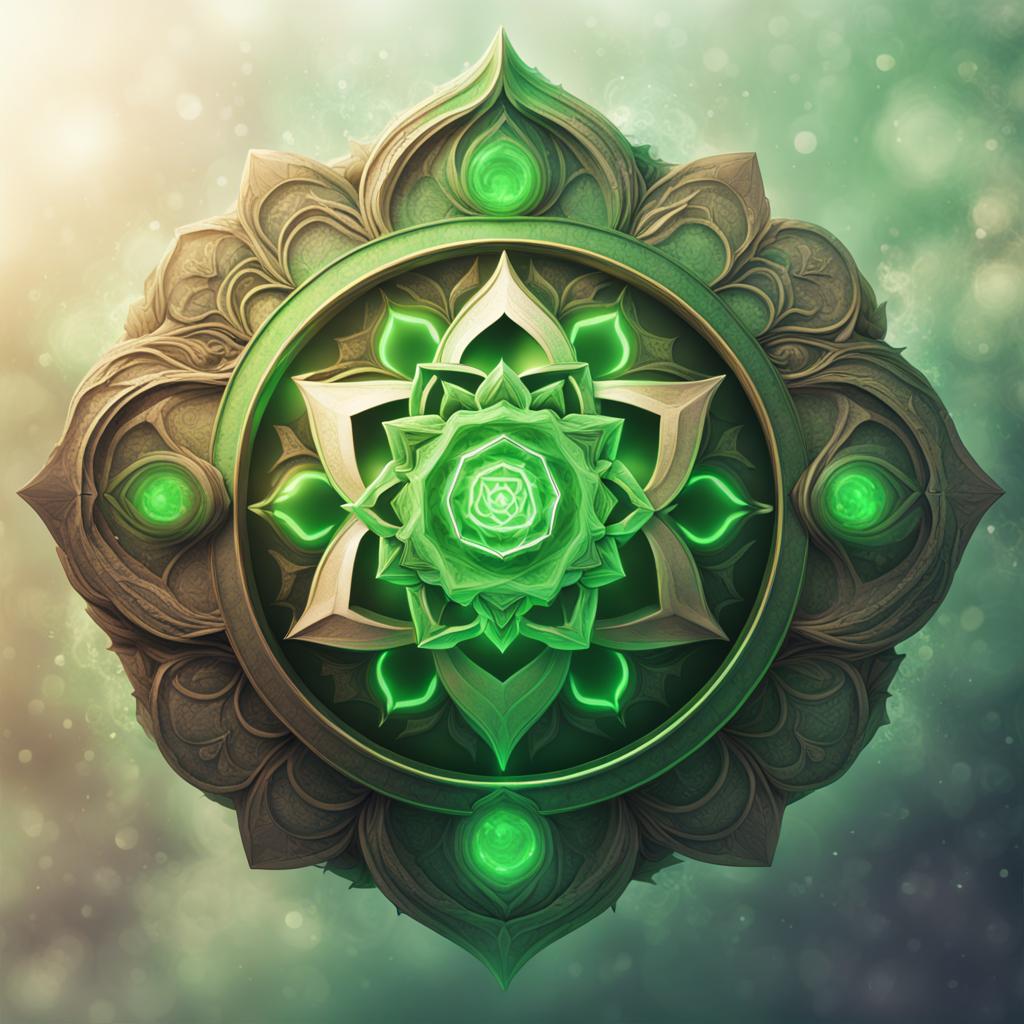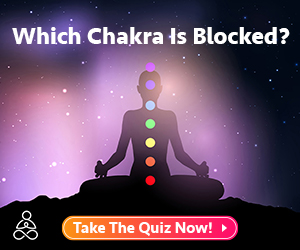The heart chakra is the seat of love, compassion and forgiveness; it also governs self-love and interpersonal relationships. Blocked or unbalanced anahata may manifest as the inability to love yourself or others.
Practice is the key to healing your heart chakra. Try keeping a gratitude journal by writing down three things each day for which you’re grateful.
Origin
The heart chakra is the seat of unconditional love and kindness, encouraging openness towards others. A balanced heart chakra helps you experience strong connections to people and animals alike. as well as forging strong relationships and setting healthy boundaries.
Sanskrit for “anahata,” meaning “unhurt.” The heart chakra connects matter (through the lower three chakras) with higher realms of spirit bringing balance and integration between them all. Its symbol represents this union between seemingly discordant principles or energies such as male/female, principles/energys such as masculine/feminine, or spirit/matter polarities in terms of principled unity.
The Heart Chakra represents harmony and equilibrium. Its color green symbolizes peace and equilibrium.
Meaning
The heart chakra represents love and is associated with relationships and self-acceptance. Physically speaking, its connection to this center runs through the thymus gland, heart and lungs. When blocked, this can manifest as chest pain and difficulty breathing, as well as feelings of loneliness and disconnection. A healthy balance in this center would lead to unconditional love, compassion and peace for its residents.
Overactive chakras can result in extreme coldness and lack of empathy, leading to serious trust issues in committed relationships, as well as being overly dependent on others for emotional support. Furthermore, overactive chakras may lead to excessive people-pleasing behavior, where you do anything just to gain attention or approval.
To properly balance the heart chakra, try yoga poses and meditations that emphasize compassion, forgiveness and love, for yourself and others alike. Additionally, herbs such as rose, astragalus, holy basil, hawthorn berries, nettle leaves, or hops can all support this chakra.
Keep a gratitude journal. Recording three things each day that you’re grateful for can help to bring energy back into balance and reconnect your heart chakra to higher forces. Spend time outdoors. Nature helps connect our heart chakra to a higher source and reminds us we’re not alone. Engage in loving kindness meditation: Find a peaceful spot, sit comfortably, and concentrate on sending love outward from yourself. Send this love to your family, acquaintances, strangers or enemies alike.

Significance
The heart chakra is associated with various glands and bodily functions, such as hormone production by the thymus gland and immune regulation, but more importantly with our emotional lives, particularly our ability to love and accept ourselves and others. When open, our hearts feel deeply connected and there is an effortless exchange of energy from everything surrounding us; including increased appreciation of beauty and magic within life.
Closed heart chakras can leave individuals feeling depressed or disconnected, unable to let go of past memories and accepting forgiveness from both themselves and others. Furthermore, these individuals may find difficulty striking a balance between giving and receiving, being overly self-focused while prioritizing themselves over others.
People with healthy and balanced heart chakras tend to be generous and compassionate toward themselves and others, opening their hearts freely to experience joy in sharing love. Furthermore, these individuals can release past hurts without harboring grudges, two traits essential for being an emotionally resilient individual.
There are various methods of unblocking and stimulating the heart chakra. Pranayama breathing exercises are one way to do this, by sitting quietly and focusing on your breathing, while yoga practices such as upward-facing dog, bridge pose, camel pose and reclining bound angle pose can open up chest and heart areas further.
Healing
The heart chakra is a healing center, offering more love and open-heartedness in your life. It governs compassion, empathy and forgiveness, qualities which can help form deeper relationships with loved ones, as well as enhance spiritual development and promote an acceptance of change.
The Heart Chakra is intimately linked to your immune system. In turn, this chakra regulates blood and lymph circulation throughout your body. Achieving balance within this center can help combat fear of isolation, as well as feelings of bitterness or jealousy.
Your heart chakra can be restored by cultivating self-love and compassion towards yourself, including practicing positive affirmations, self-care rituals and mindfulness techniques. Additionally, visualizing yourself as an emerald green flower of love may help further increase its frequency.
Content listed below may contain affiliate links.

